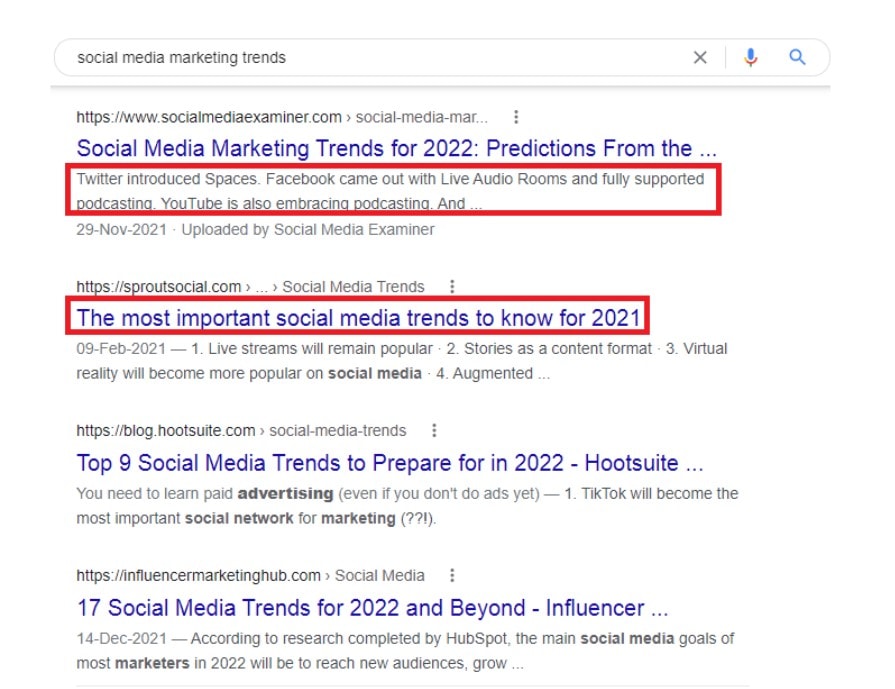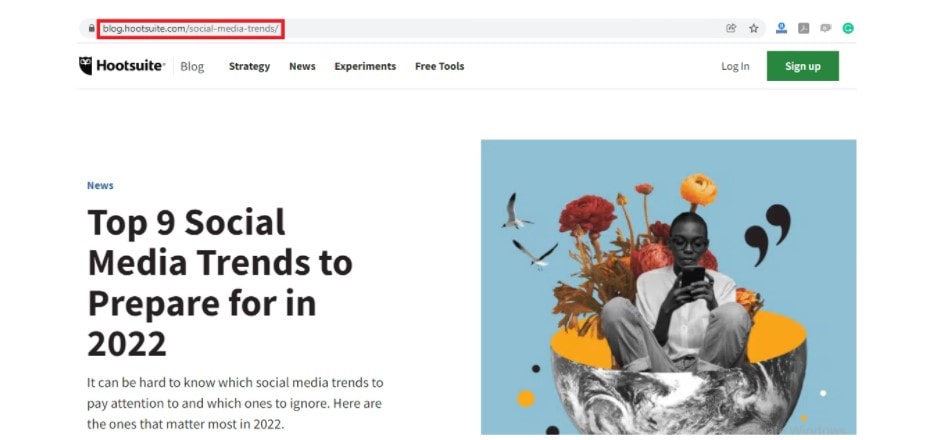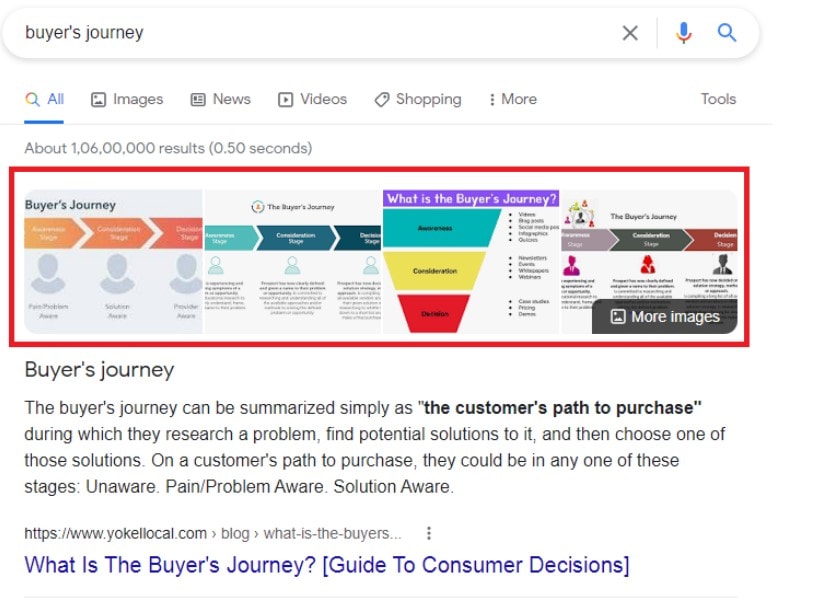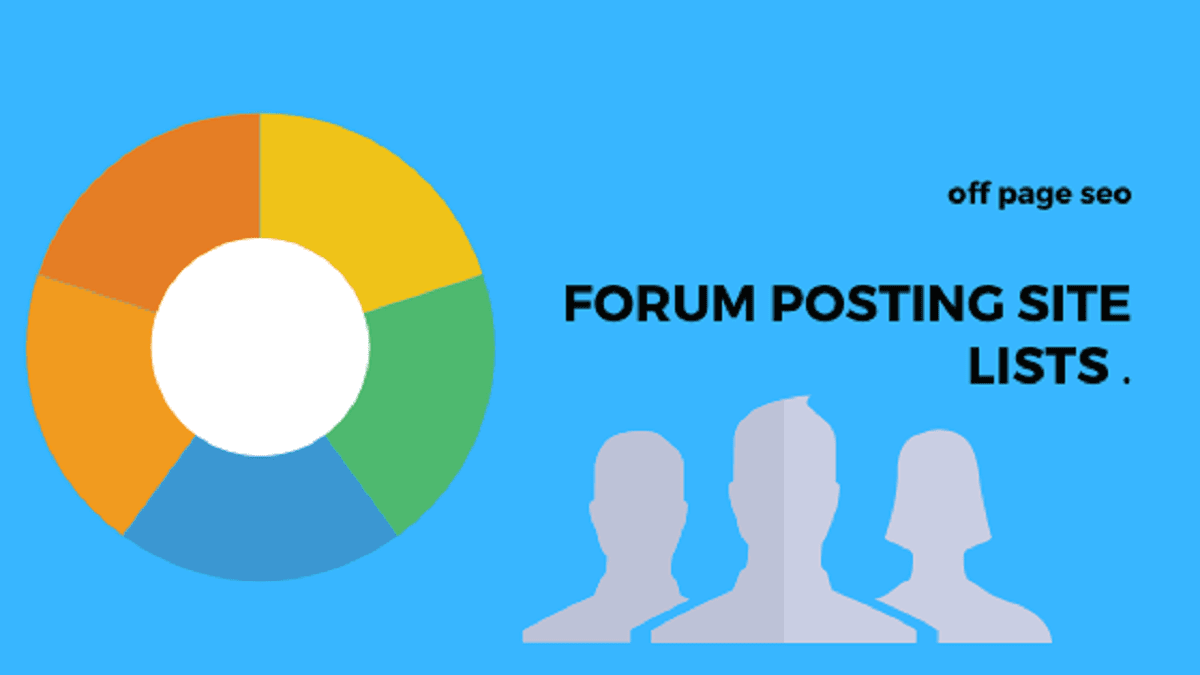Your cart is currently empty!

On-Page Vs Off-Page SEO 2022: What’s The Difference?
[ad_1]
On-Page Vs Off-Page SEO: What’s the Difference? lets checkout.
There are two kinds of marketers on this planet.
The first group has already realized the importance of search engine optimization (SEO) and is already brainstorming ways to skyrocket organic traffic.
The second group doesn’t exist or is likely living under a rock.
That’s right.
If you want to start or grow a business in the 21st century, there’s no alternative to a well-defined SEO strategy.
Apart from boosting website traffic, SEO plays a key role in establishing brand awareness, authority, and credibility.
When correctly implemented, an SEO campaign even helps drive conversions and generate revenue from your website.
On-Page Vs Off-Page SEO: Understanding The Differences
Search engine algorithms have come a long way since the early days of SEO.
They no longer build search engine results pages (SERPs) based on exact keyword matches.
Instead, search engines use a wide array of ranking signals to determine your website’s position in relevant SERPs.
A high-performing SEO strategy is one that pays equal attention to on-page and off-page optimization.
But what’s the difference between on-page and off-page SEO? Let’s find out.
On-page SEO covers everything you do on a particular web page to boost its search engine ranking.
Its goal is to provide search engines and website visitors with relevant, engaging, and valuable content.
It includes various techniques, such as:
- Keyword research
- Content creation
- Content optimization
A robust on-site SEO checklist involves improving other aspects of a web page, such as speed, layout, mobile responsiveness, security, and internal linking.
Off-page SEO lies on the other end of the spectrum.
It encompasses all the actions you take outside a web page to improve its position in SERPs and drive more traffic.
High-quality backlinks from authoritative domains are the cornerstone of off-page SEO.
The purpose of off-page optimization is to tell search engines that others perceive your website/brand as a trusted and authoritative source of information.
In the following sections, we’ll dig deeper into a few effective on-page and off-page SEO tactics.
Let’s get started.
5 On-Page SEO Tactics: A Closer Look
Identifying relevant keywords and publishing well-optimized content is a given for every on-site SEO checklist.
But there are several other on-page optimization techniques that can be used to boost traffic and rankings.
1. Harness Metadata:
The title tag and meta description of a web page are used to generate its search engine listing.
They give your audience a glimpse of what the web page contains.
Also, they help search engine spiders understand the topic and content of the web page.
That highlights the importance of crafting clear, descriptive, and keyword-rich title tags and meta descriptions for all web pages.
Keep each title tag under 60 characters, and meta description under 160 characters.
Image via Google
2. Leverage Subheadings:
If you’ve been publishing content on your blog/website, you’re already using subheadings (H2s, H3s, and so on) to divide your content into logical segments.
But the benefits of well-written subheadings extend beyond improving readability and scannability.
They help search engines crawl through a web page and understand its content.
Use simple and descriptive subheadings that give an idea of the corresponding segment.
Don’t try to force-fit target keywords into every H2, H3, H4, etc.
3. Optimize URLs:
Short and descriptive URLs play a key role in improving click-through rates.
Find ways to include target keywords in the URL too.
Image via Hootsuite
4. Add Alt Text To Images:
Effective use of alt text can help your website images claim prime SERP real estate.
For instance, when you run a Google search for ‘buyer’s journey’, relevant images are featured at the top of the first SERP.
Image via Google
The alt text of an image helps Google understand its content and relevance to a specific search query.
Use the alt text to provide a concise description of what the image is all about. Include the target keyword in an organic way.
Avoid using redundant phrases, such as “image of” and “picture of”.
5. Don’t Ignore Internal Links:
Strategic placement of internal links hooks website visitors for longer and compels them to engage with your content.
Also, it helps search engine spiders navigate your website, and understand the importance of each web page.
Add relevant internal links to all your blog posts and product/service pages.
Use meaningful anchor text for each internal link.
4 Off-Page SEO Tactics: A Closer Look:
Your on-page SEO checklist will deliver the desired results only when it’s supported by a robust off-page optimization strategy.
The main focus of off-page SEO is to enhance your website’s inbound link profile, and position it as an industry authority.
1. Leverage Social Media Platforms:
Links from all social media platforms are nofollow.
Even if you repeatedly share your website’s URL on your social media profiles, it won’t add any credible backlinks.
But that doesn’t discount the importance of social media in off-page SEO.
The vast reach of social media platforms takes your content to a wider audience.
That, in turn, drives more traffic to your website and eventually, improves its search engine rankings.
Share links to newly published/updated content on all social media platforms.
Encourage your audience to further share the content on their profiles.
2. Partner With Influencers:
Associating your brand with an influencer enhances credibility and reputation.
Also, it amplifies brand awareness.
The best part is that you can use the influencer’s clout to earn the trust of their audience.
All these factors positively impact your website’s search engine visibility.
Find influencers who are relevant to your niche.
Interview them on a podcast and publish the transcript as a blog post.
Ask them to share the content on their website and social media profiles.
Also, you can explore other influencer collaboration techniques, such as contests and giveaways.
3. Don’t Ignore Guest Posting:
Guest posting continues to be an effective way of attracting high-quality backlinks to your website.
The key is to find popular and authoritative blogs in your industry.
Connect with the blog owners/admins with a compelling outreach email.
Highlight your expertise as a content creator. Also, list a few relevant topics that you’d like to use for the guest post.
4. Participate In Forum Discussions:
Identify popular threads on Reddit and Quora that are relevant to your target audience.
Engage with users by offering valuable suggestions and answers to their questions.
Don’t try to promote your brand/products right away.
Offer useful advice to address their queries, and gently nudge them to check out your website for more information.
Quick Links:
On-Page and Off-Page SEO: Finding Common Ground
On-page and off-page SEO can’t succeed in isolation.
Both aspects must work together to help your website climb up the SERP ladder.
Focus on creating top-notch original content filled with fresh insights and valuable information.
It’ll compel others to use your content as a reference.
Also, it’ll help you grab the attention of your target audience.
[ad_2]





Leave a Reply